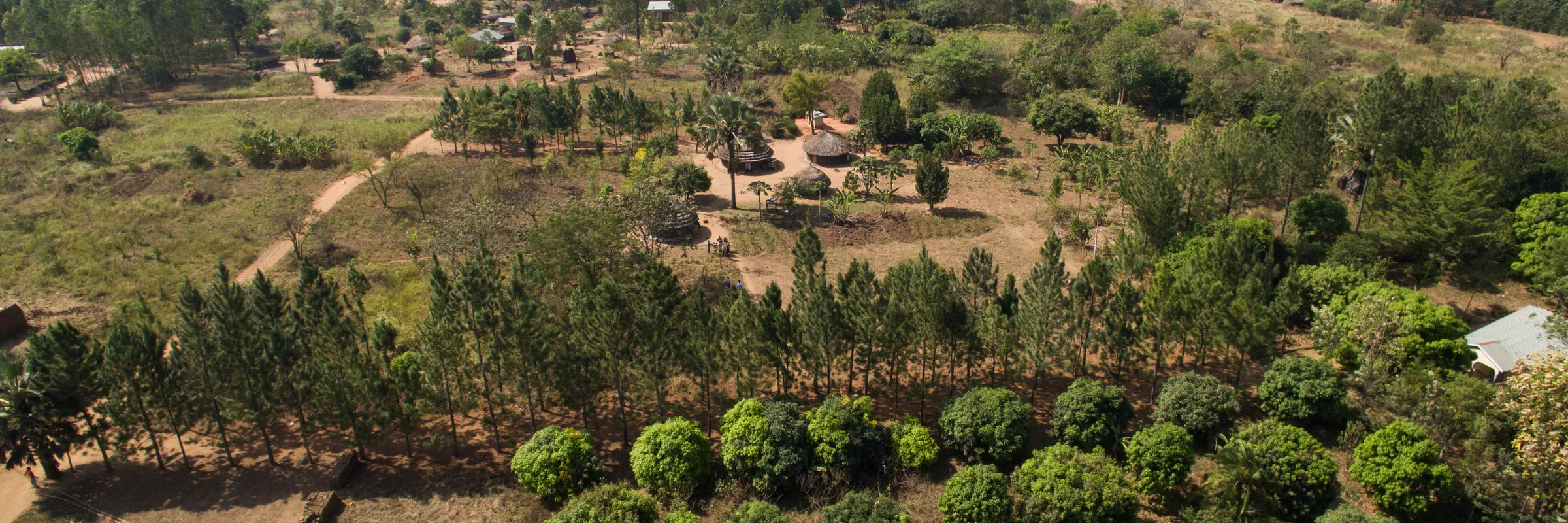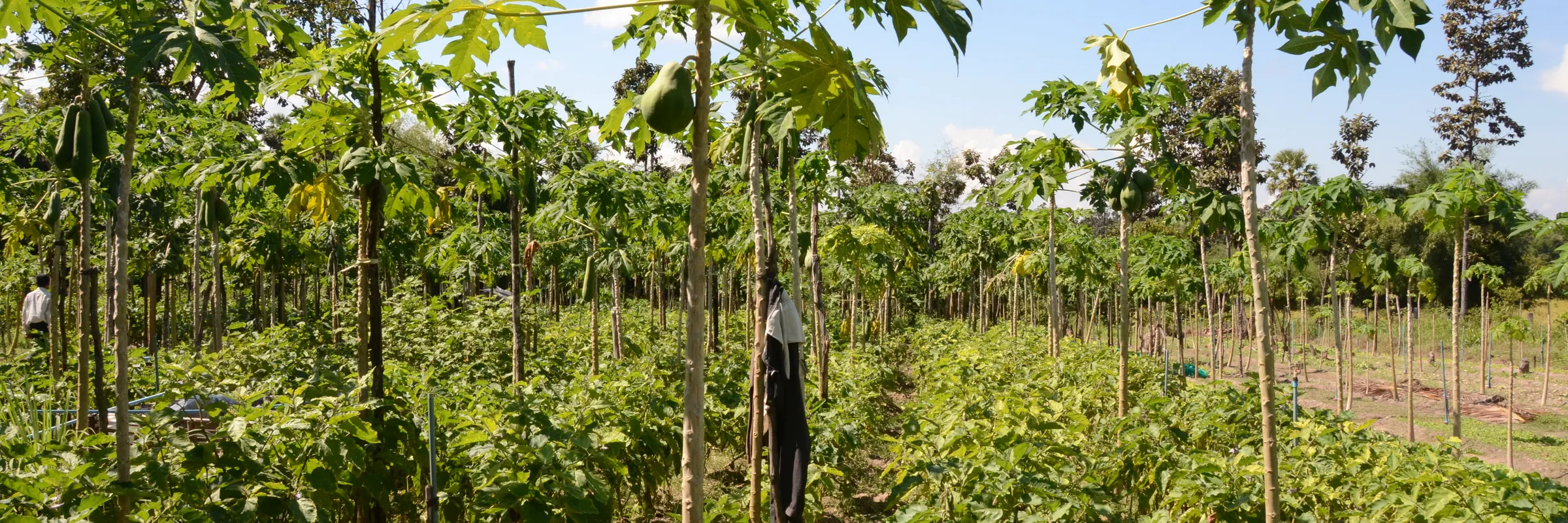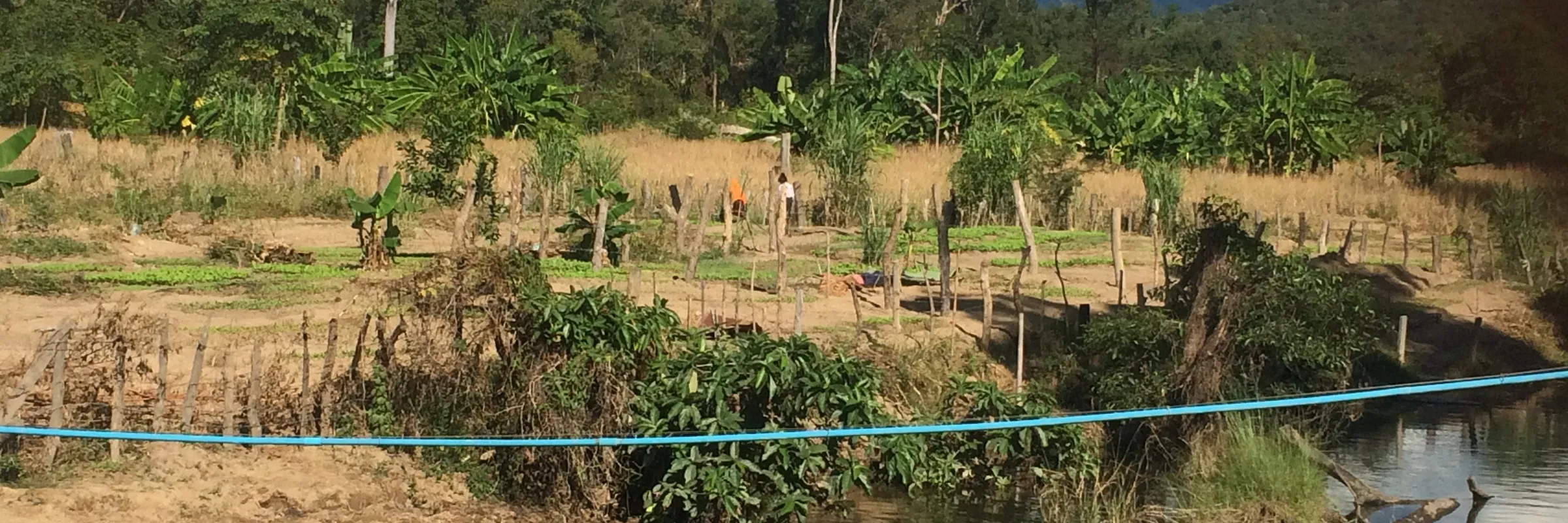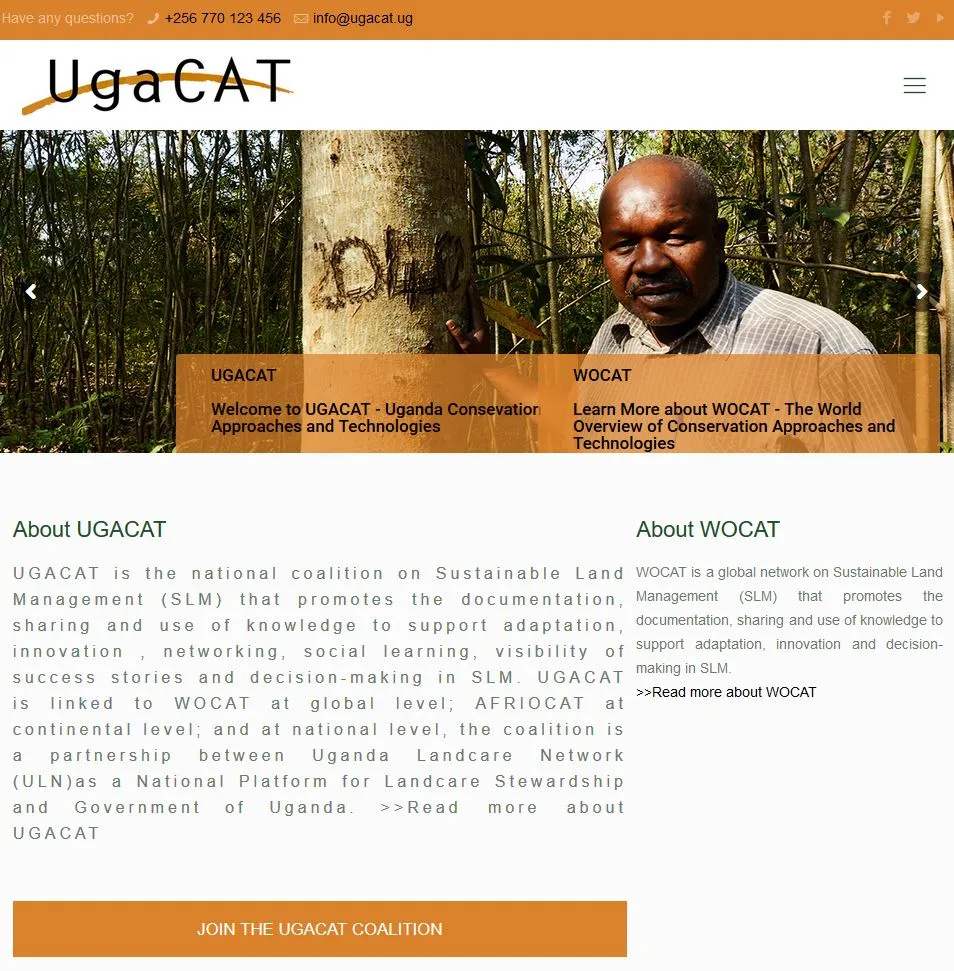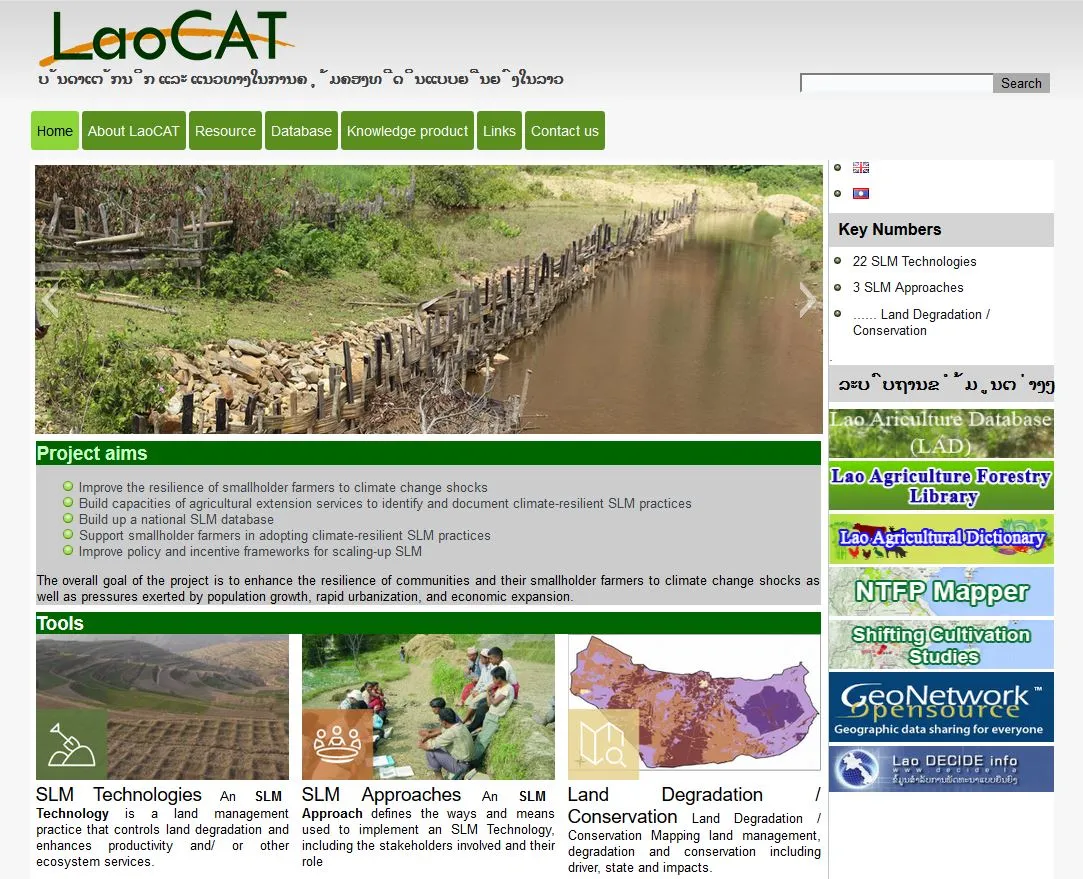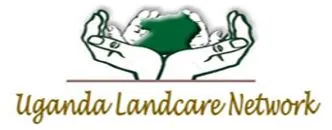Scaling-up SLM by smallholder farmers - Cambodia, Lao PDR, and Uganda
This project works with agricultural extension services to identify, assess and disseminate SLM practices.
- Home
- Scaling-up SLM by smallholder farmers - Cambodia, Lao PDR, and Uganda
About the project
Many good Sustainable Land Management (SLM) practices exist. However, there is a lack of standardized and harmonized documentation of the knowledge of smallholder farmers, extension services, and projects on SLM practices – and particularly on the impacts and benefits of these practices, both short and long term. Standardizing and harmonizing documentation would make it easier to: a) evaluate practices comparatively, for scaling up in current or future projects, and b) decide which SLM practices to promote, based on a comprehensive knowledge/ evidence base. Such decisions include a participatory evaluation, and negotiation on context-specific SLM options with all relevant stakeholders.
This project works to fill this gap in three countries: Cambodia, Lao PDR, and Uganda. It builds the capacities of extension services to use established WOCAT tools and methods for knowledge management and decision support in SLM, tailored to the context and specific needs of the three countries. Special focus is given to the assessment of existing SLM practices that build resilience to climate change, and to adaptation mechanisms by smallholder farmers. The project supports agricultural extension services to create a national SLM database linked to the Global WOCAT SLM Database and thus also the United National Convention to Combat Desertification (UNCCD) SLM Best Practices Reporting. It further aims at enhancing policy dialogue on scaling up SLM and encouraging national institutions to allocate a budget for investments in SLM through a series of policy dialogue activities.
The project works closely with three loan investments supported by the International Fund for Agricultural Development (IFAD) to enhance country operations, and to embed SLM tools and methodologies into existing local/ national extension systems. In Cambodia, the project supports activities of the Agriculture Services Programme for Innovation, Resilience and Extension (ASPIRE) project. In Lao PDR, the project works closely with the Smallholder Adaptation to Climate Change Component (SACCC), which is a new component within the Southern Laos Food and Nutrition Security and Market Linkages Programme (FNML). In Uganda, the project is linked to the Programme for the Restoration of Livelihoods in the Northern Region (PRELNOR).
In each country, a national partner is responsible for in-country project implementation: in Cambodia, the Royal University of Agriculture (RUA); in Lao PDR, the National Agriculture and Forestry Research Institute; and in Uganda, the Landcare Network.
The ultimate objective of the project is to create a cadre of extension workers fully versed in the WOCAT methodology, knowledgeable in using WOCAT KM and DS tools and methods, and capable of training the next group of extension workers to facilitate continuity.
This project is supported and financed by the International Fund for Agriculture Development (IFAD) and implemented by CDE as host to the WOCAT Secretariat.
Final publication
A final publication summarizing the project lessons learned and methodologies applied is available here:
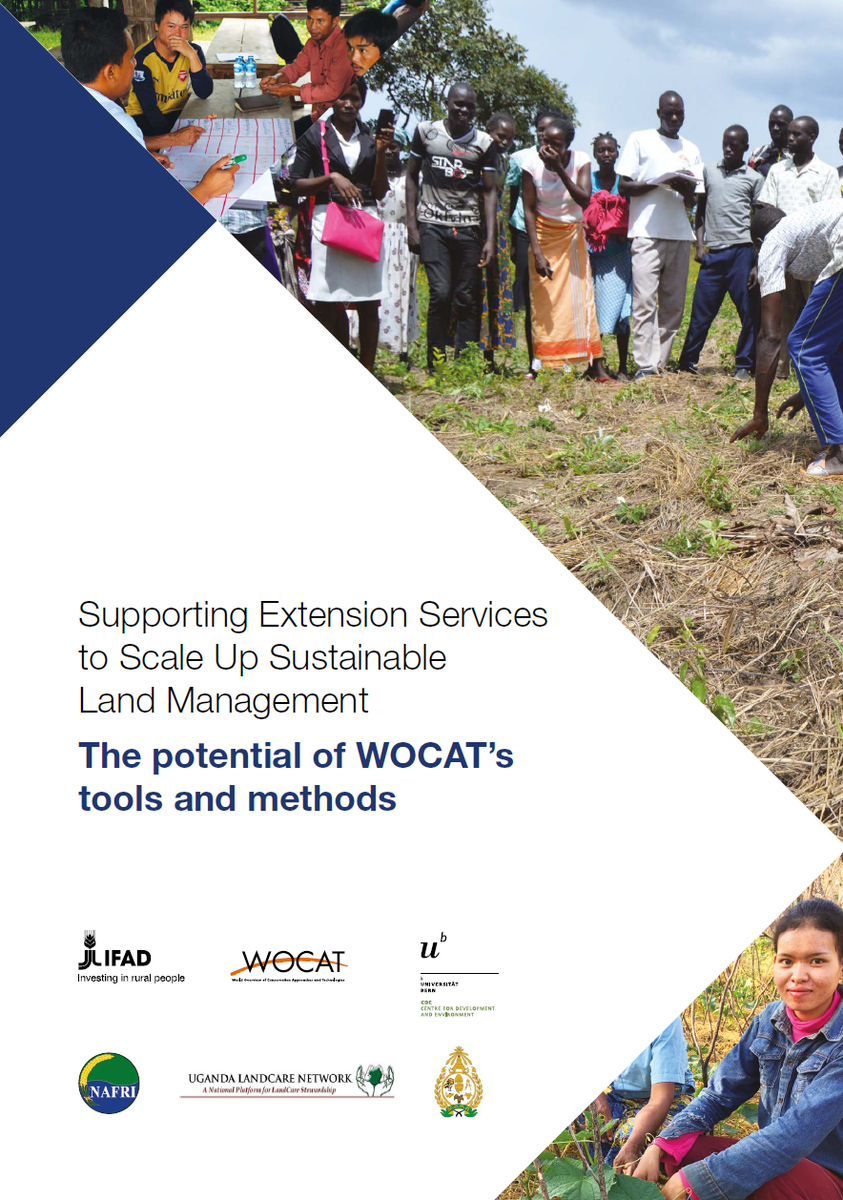
National websites
Good SLM Practices Collections
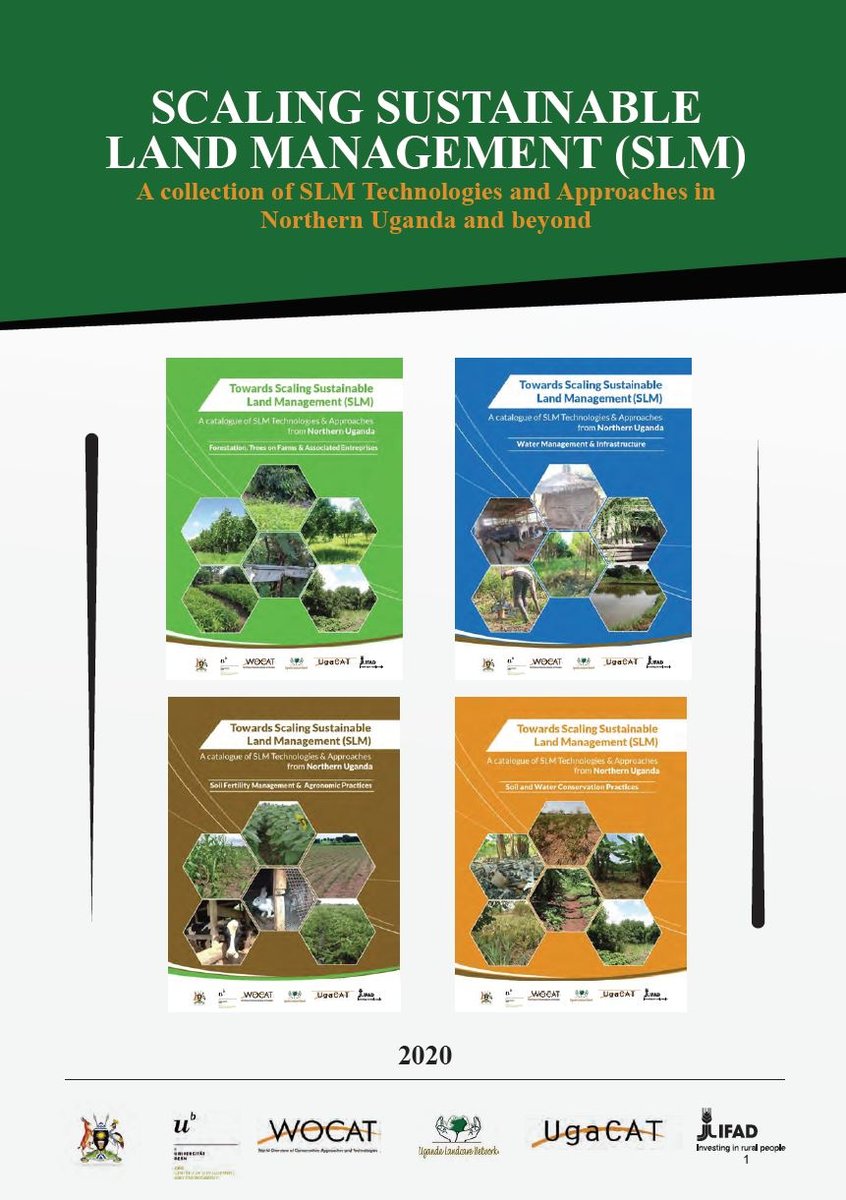
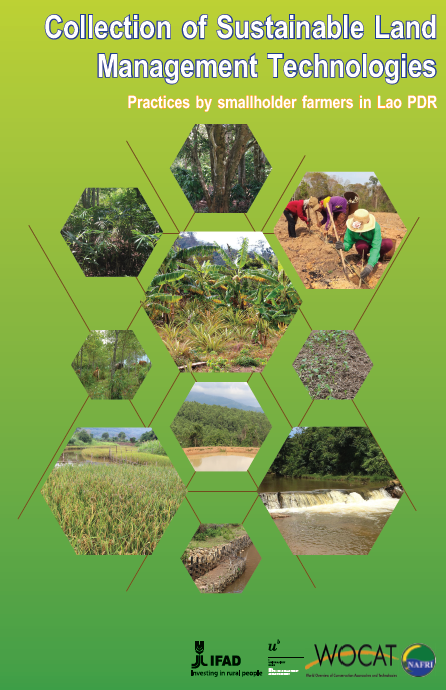
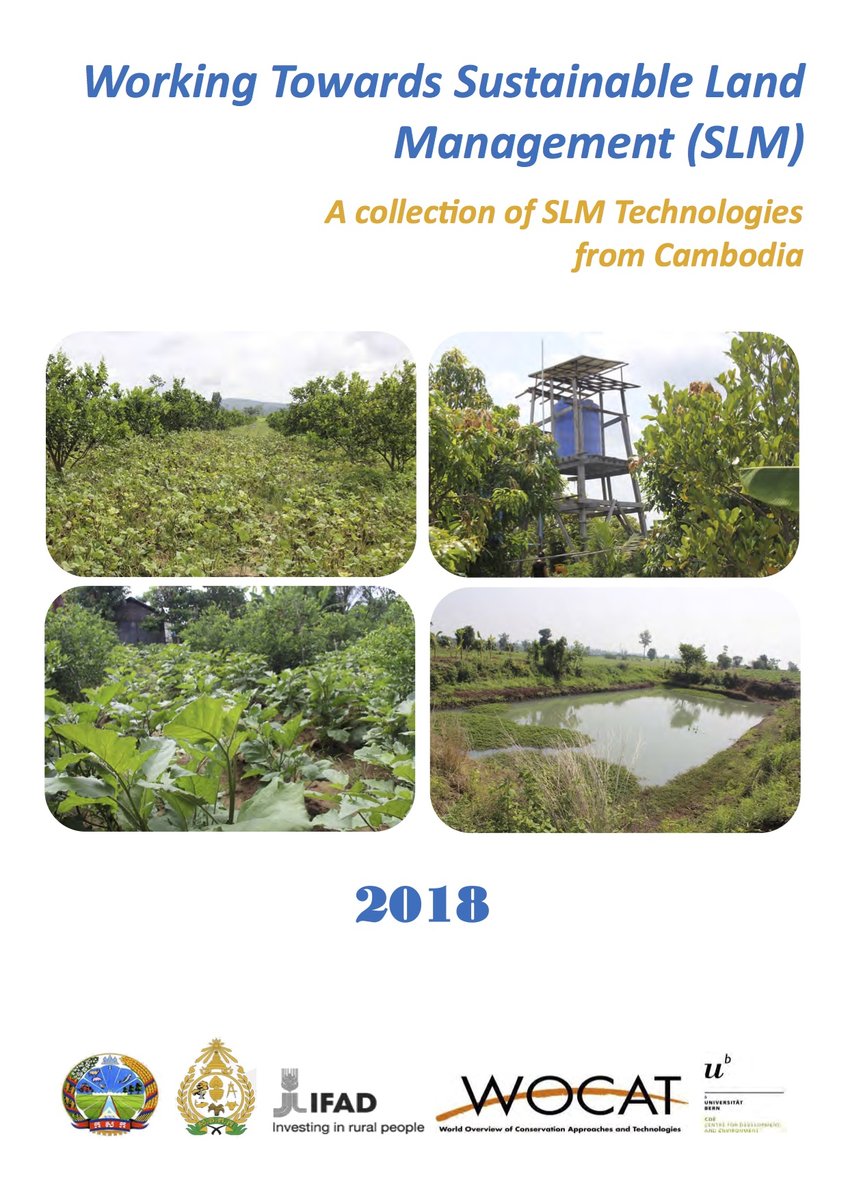
Demonstration sites
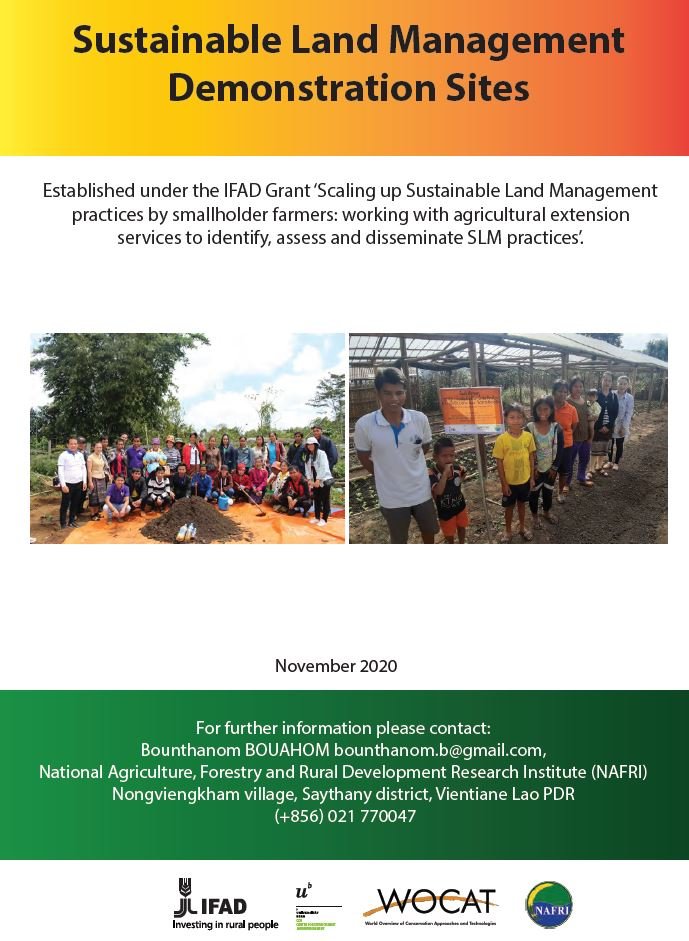
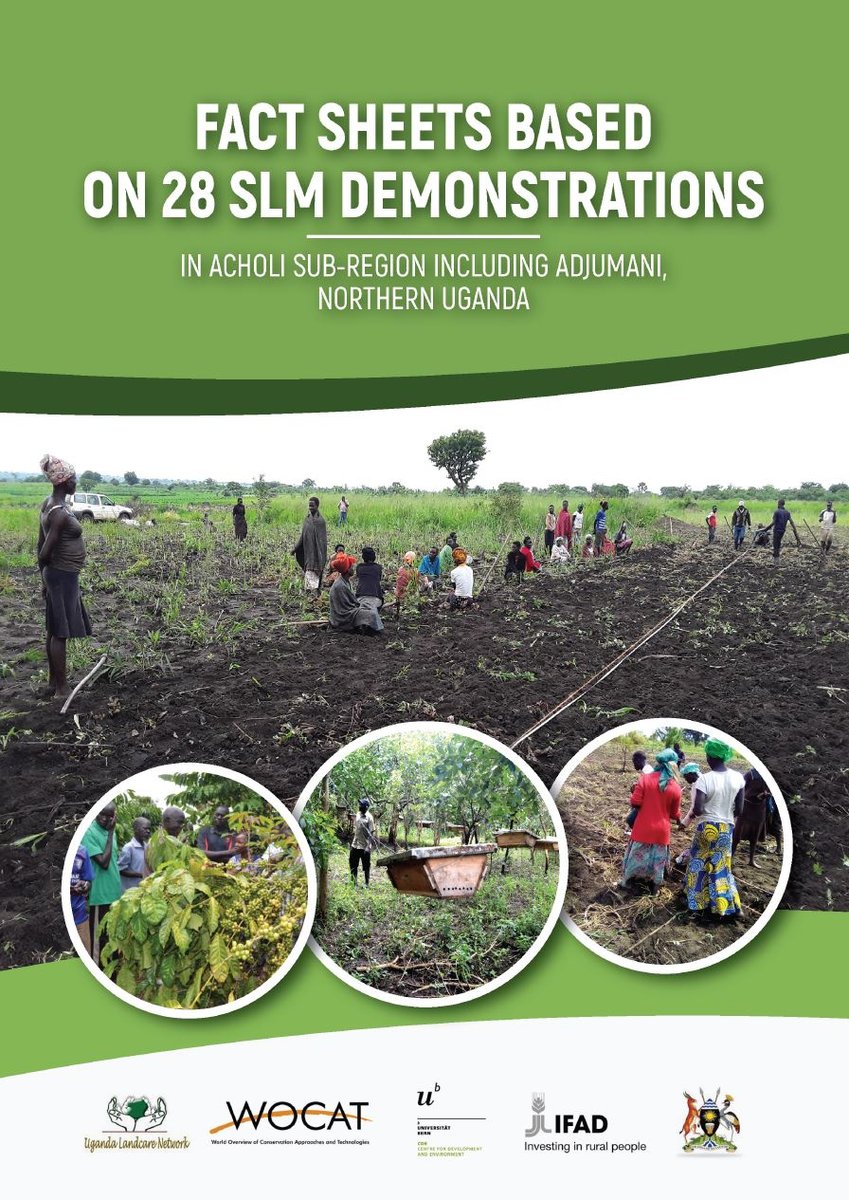
Policy Briefs
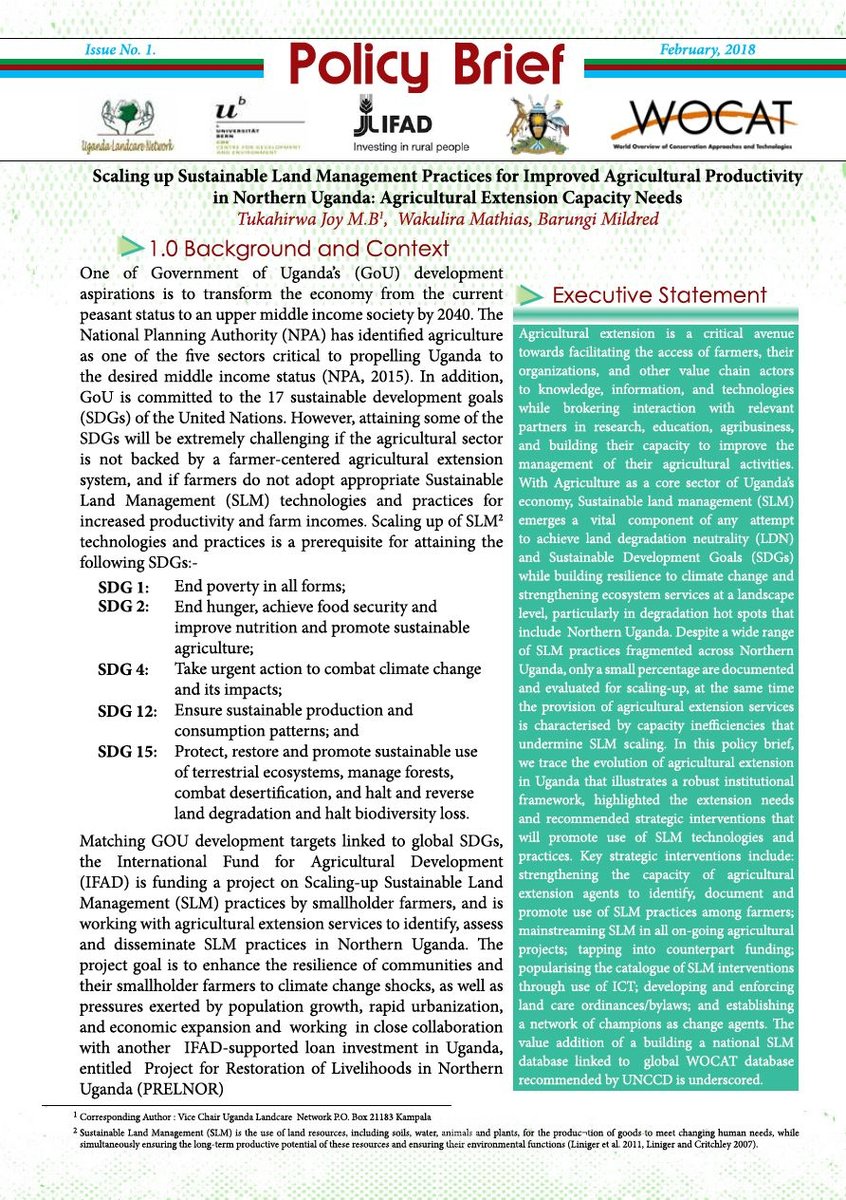
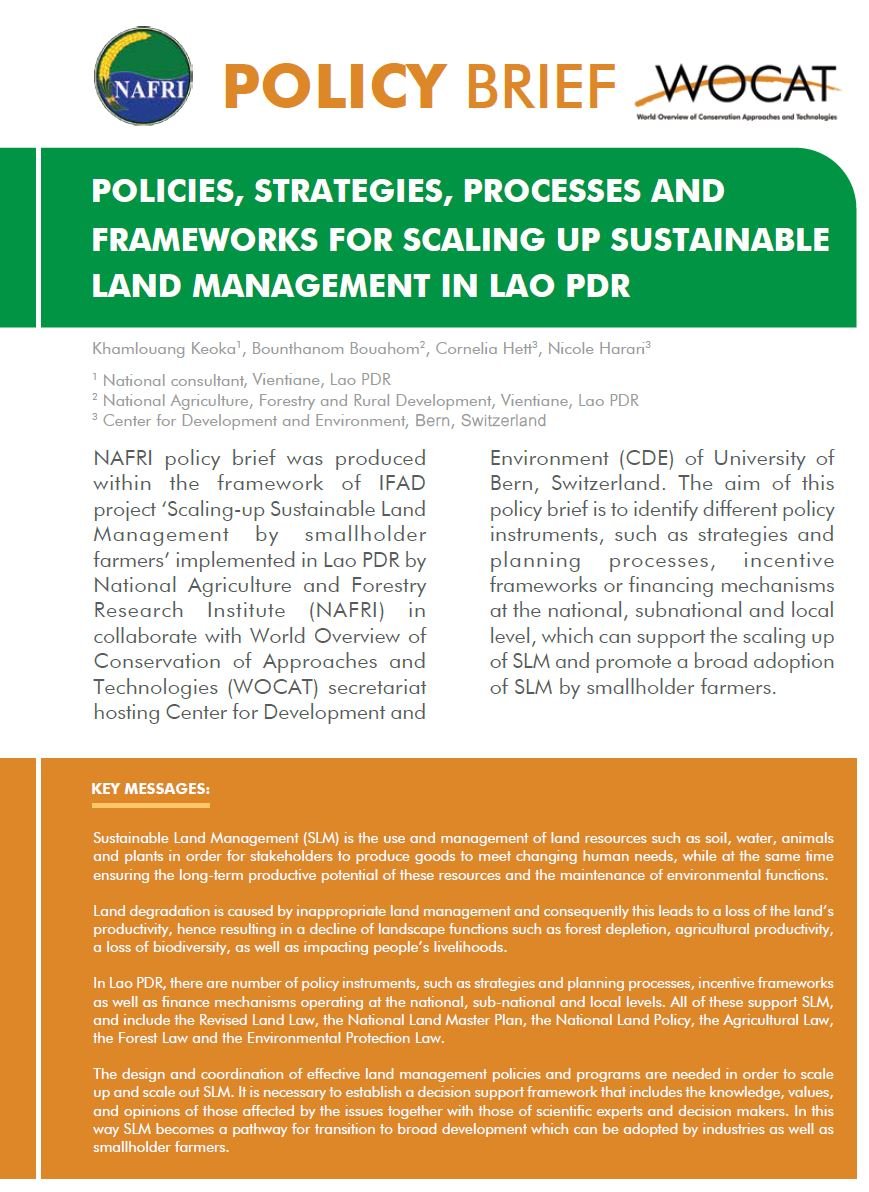
Other publications
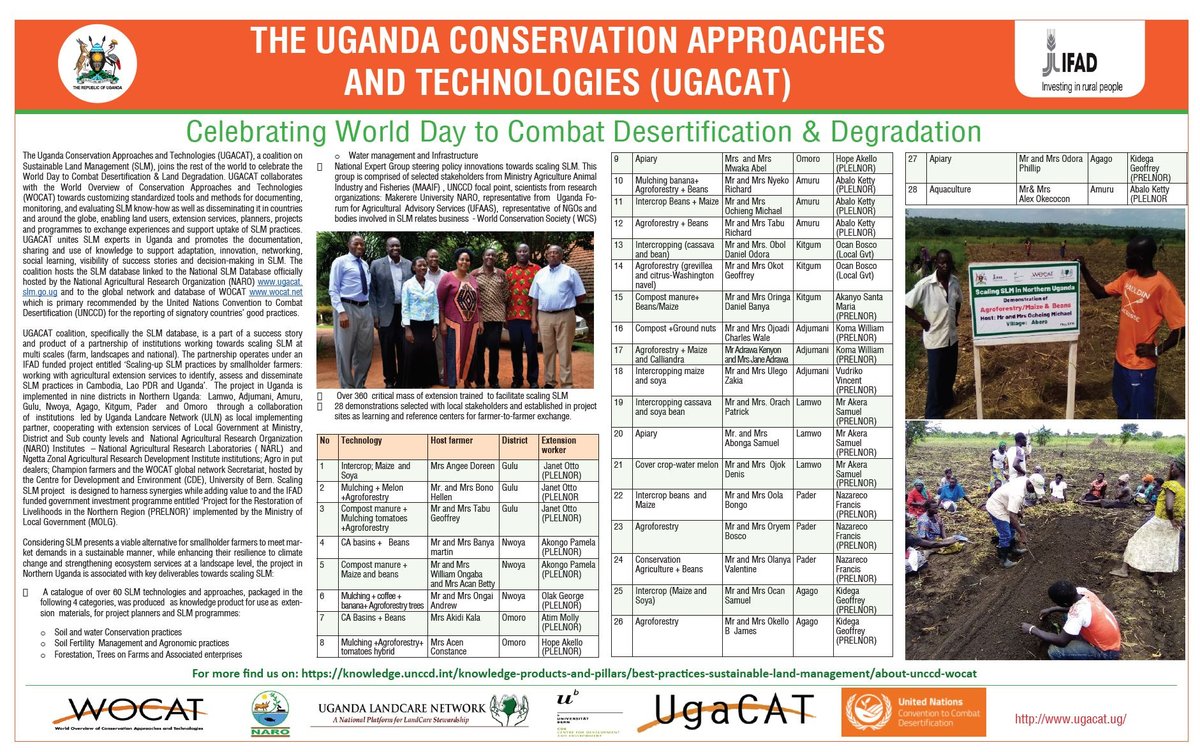
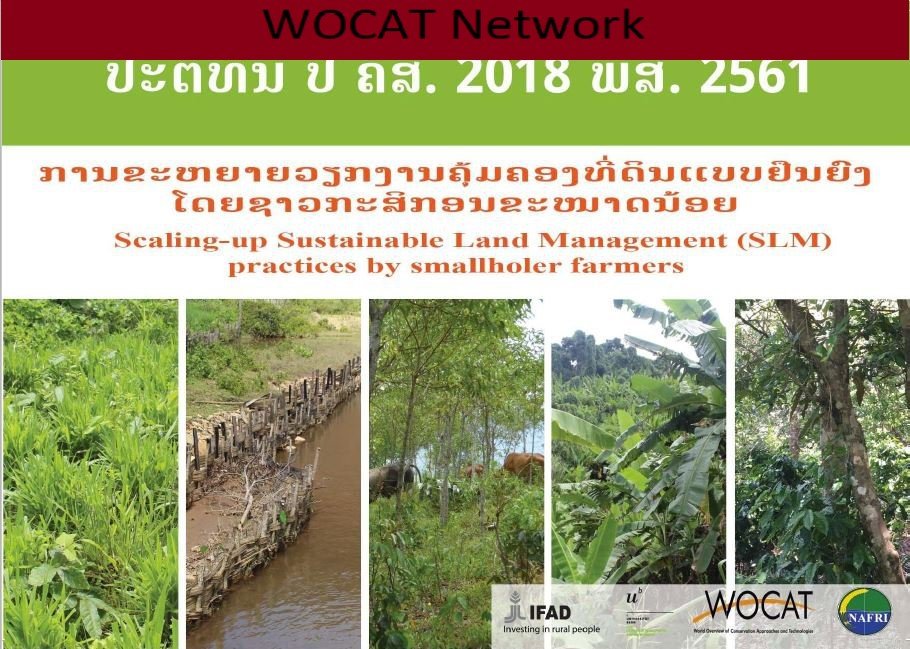
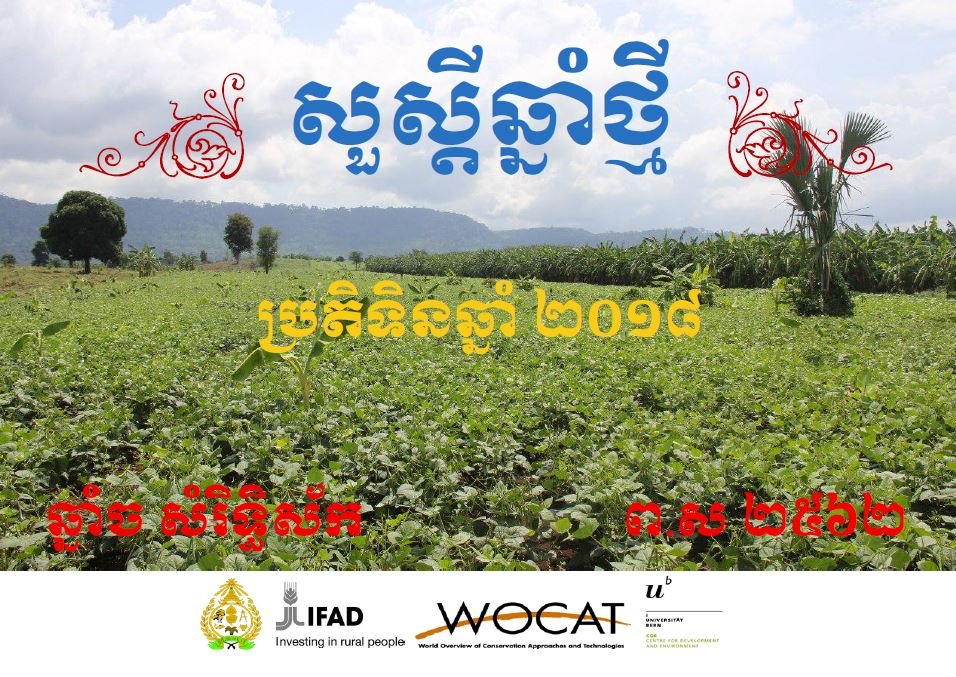
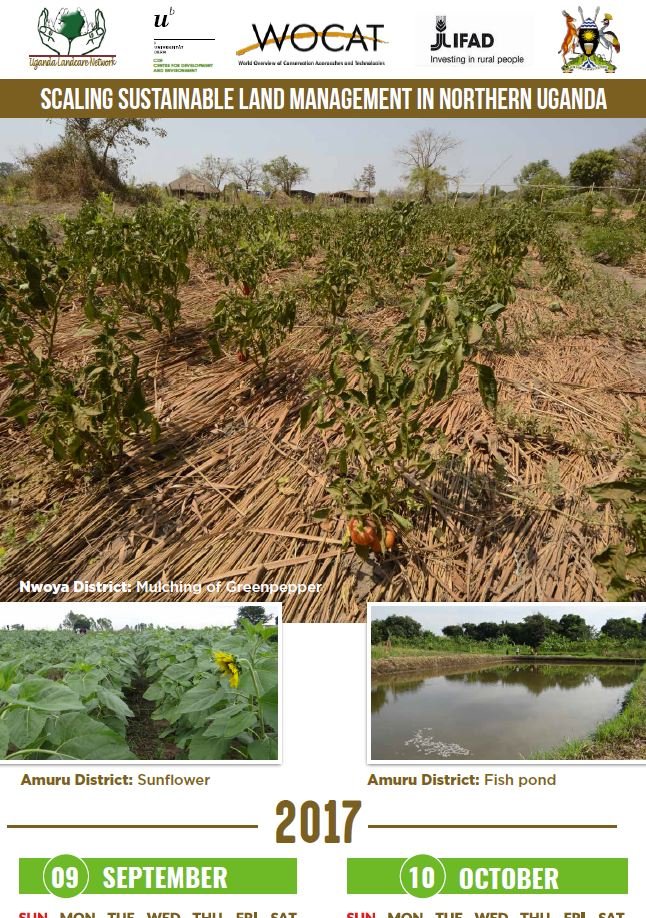
Videos
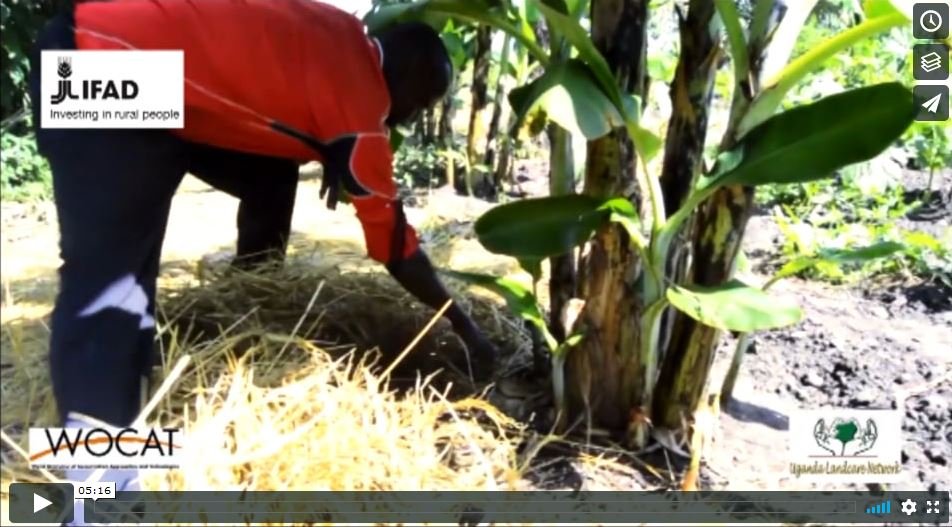
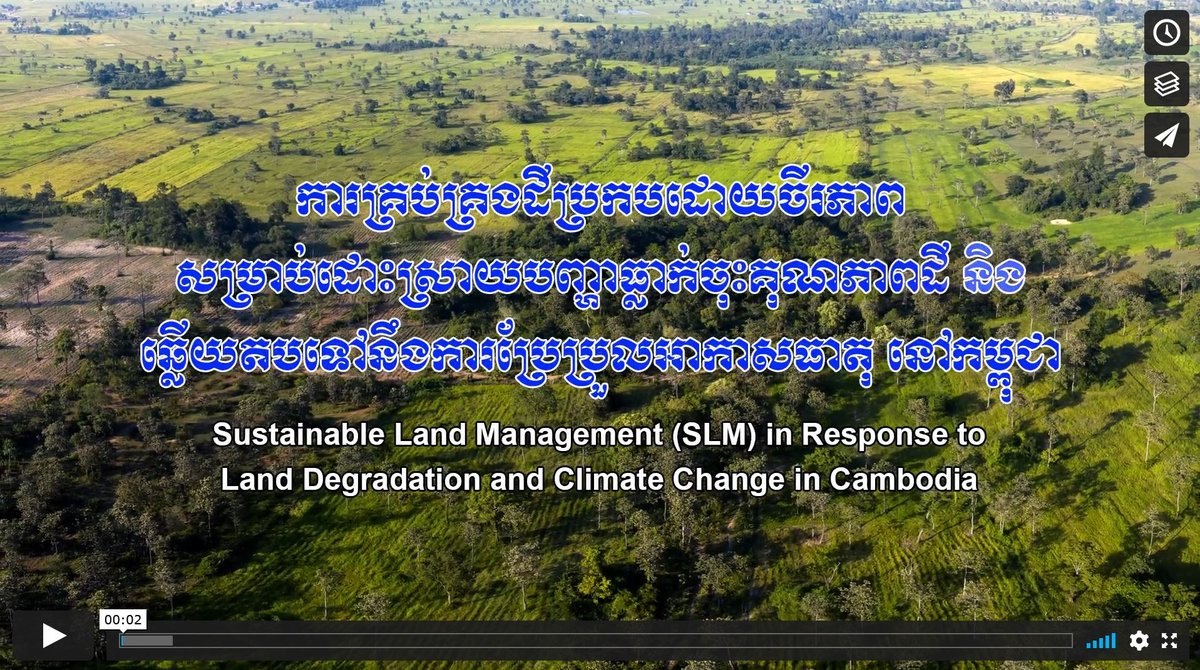
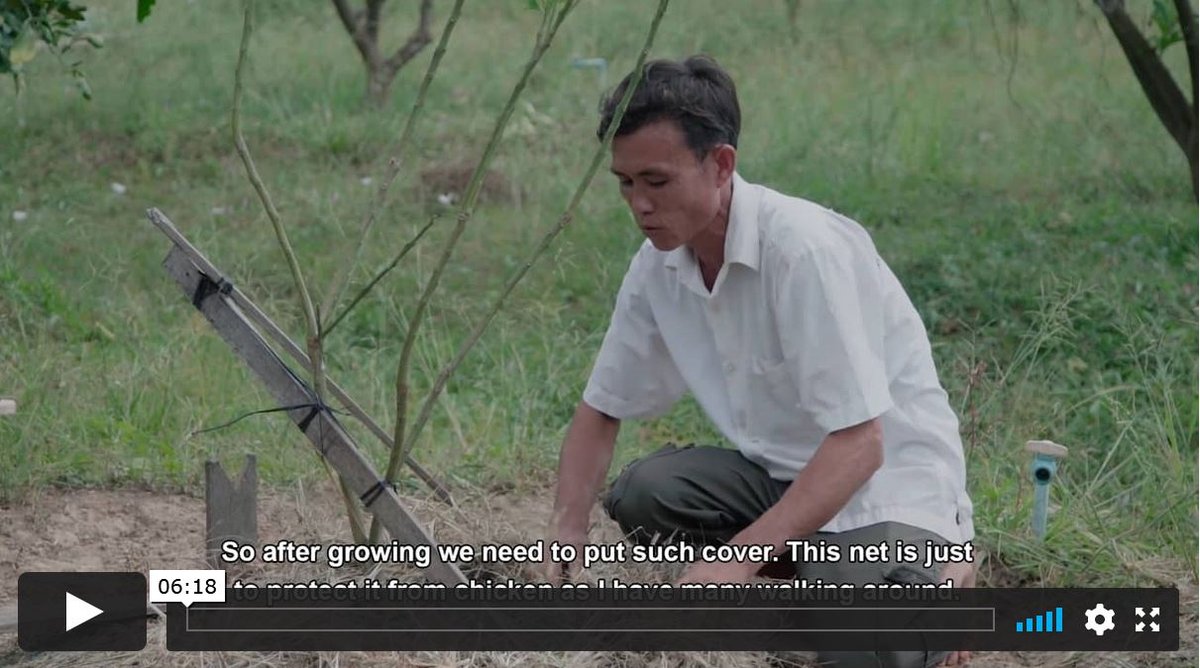
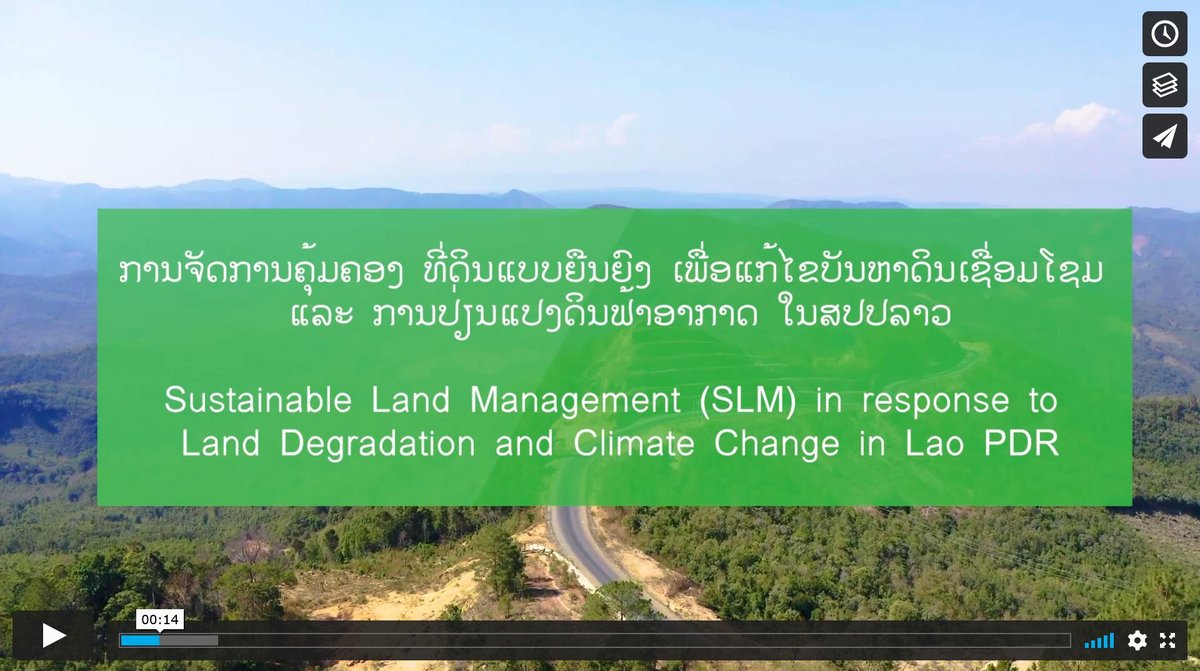
Countries
Contact
 Switzerland
Switzerland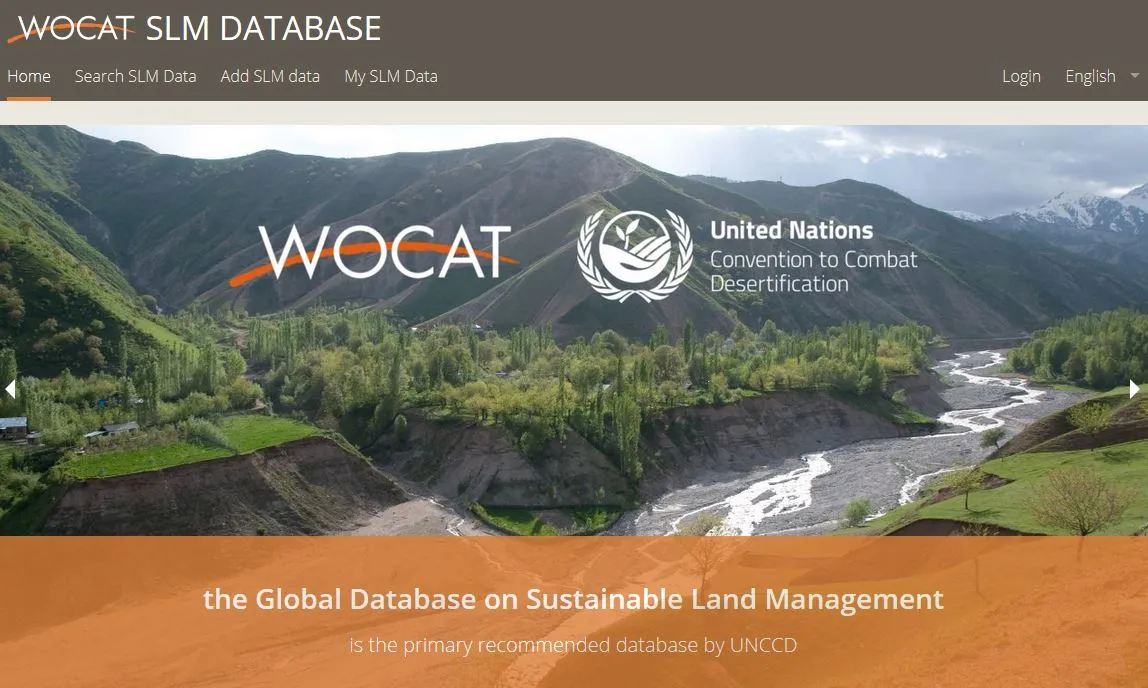
SLM practices documented in this project.
Project duration
2016 - 2019
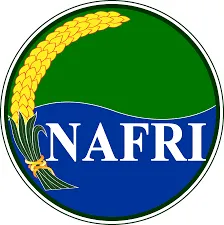
National Agriculture and Forestry Research Institute (NAFRI)
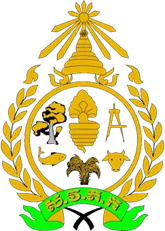
Royal University of Agriculture (RUA), Center for Agricultural and Environmental Studies (CAES)
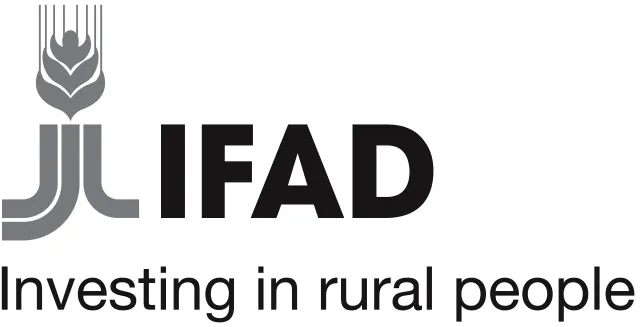
International Fund for Agricultural Development (IFAD)
